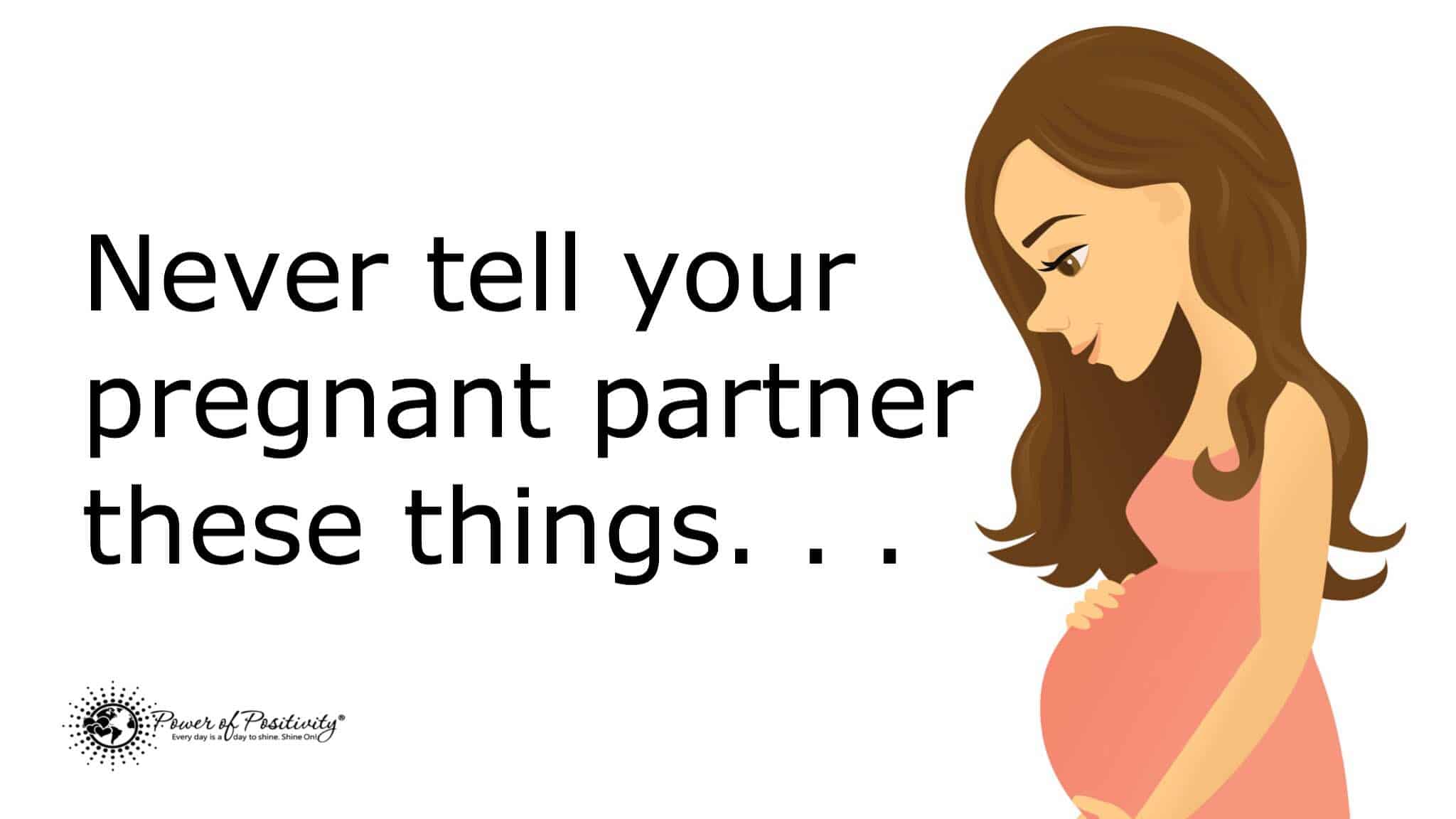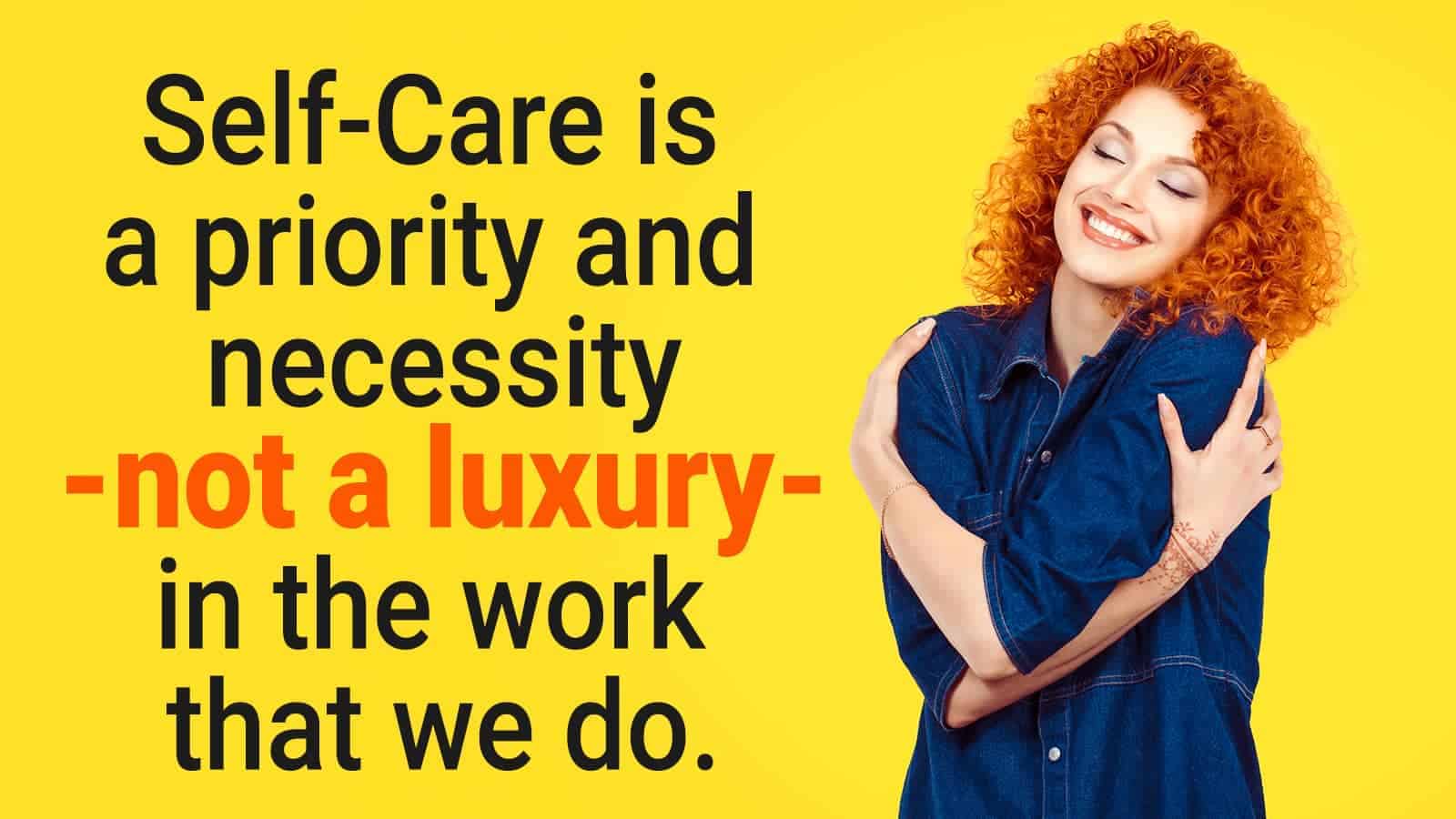The ketogenic diet has taken the health and fitness world by storm over the past few years. Personal trainers, doctors, and devoted followers testify to all sorts of health successes resulting from the diet. It’s touted to aid neurological conditions, weight loss, and even mental illness like depression and anxiety.
What is the ketogenic diet?
Devised by Doctor Russell Wilder in the early 1920s, the diet was meant to treat epilepsy in children. Before the keto diet, the only thing that could alleviate drug-resistant seizures was water fasting or literal starvation. As it turns out, the ketogenic diet creates the same hormonal changes as fasting, minus the starvation. (1)
Keto Guidelines
The guidelines for the ketogenic diet are simple: eat a high fat content, as much as 80-90% of your daily calories, limit your carbohydrates to 25-50 grams, depending on your gender, height, and weight. Protein intake should be moderate, with the recommended 1 gram for every kilogram you weigh.
Generally, your food inventory on the ketogenic diet will be made up of eggs, cheese, nuts, seeds, non-processed oils, animal fat, meats, butter, avocado – all the fat the diet industry demonized is yours for the taking. Vegetables are a significant part of the diet, with minimal fruit and ideally no starches or grains.
Benefits of Keto
The keto diet benefits seem to be endless with the wide spectrum of conditions it has helped in treating. Weight loss is one of the main reasons people jump on the ketogenic train. Neurological disorders like epilepsy, Parkinson’s, Alzheimer’s, autism, and even brain cancer have seen successful results. The keto diet manages blood sugar levels, so it is prescribed to diabetic patients as well as those struggling with obesity, heart disease, high cholesterol, and inflammation.
Some claim keto may even improve depression and anxiety, that it could even be more effective than prescription antidepressants. That’s a lot to take in, and we have a few questions, like: How does keto actually do all of these things? What makes it so helpful for brain-related illnesses?
How does keto work?
The keto diet gets its name from ketones. When you eat little to no carbohydrates, which are the body’s main source of fuel, it now must use another form of energy. It gets into the fat storage, breaking it down into ketone bodies. This doesn’t happen when you eat carbs. Your fat stores are usually heavily-guarded by insulin. Every time you eat carbs, your increased blood sugar triggers the pancreas to produce insulin, which blocks the body from using fat. No carbs mean no insulin, which means the fat is free to go.
After a couple of days limiting your carb intake, you enter ketosis, in which the body has fully switched to burning fat for energy. This is the main reason why the keto diet benefits people who struggle with their weight. When the body has no choice but to burn only the stored fat, the pounds drop like flies.
That sounds fantastic – but what does the keto diet, or ketones for that matter, have anything to do with the brain or mental disorders like depression and anxiety?
Keto Diet and the Brain
To understand how the keto diet benefits disorders like depression and anxiety, it’s important to first see how it affects brain-related conditions like epilepsy, stroke, and Alzheimer’s.
The brain is made up of mostly fat. Although, it does run primarily on carbohydrates, the body always has a plan B (and C). Ketones can power up to 70% of the brain when there is no glucose in the liver due to a ketogenic, low-carb diet. This process is called ketogenesis.
The rest of the brain that can’t utilize ketones needs glucose. To create a type of glucose, the liver uses protein amino acids and glycerol from stored fat. All this is to say that the brain performs just as well on ketogenic diet. In fact, for many people, thinking ability, clarity, and concentration feel stronger on keto than ever before. Benefits include improved memory, better cognitive abilities, reduced migraines, and even healing the effects of brain injury.(2)
Many of keto’s benefits on the brain are because ketones act like antioxidants, protecting the brain from dangerous reactive oxygen. The ketogenic diet makes cell production faster while using less energy, making fat more efficient to utilize than carbs. Finally, it increases GABA, a neurotransmitter that is key in how epileptic seizures are prevented. If GABA is under-produced or not functioning well, it can lead to depression and anxiety. (3)
Keto Diet and Inflammation
A key factor in studying how the keto works in the body is inflammation. This is a word we see, hear, read about everywhere. What is it really, and what does it have to do with depression and anxiety?
When there is a dangerous infection or substance in the body, the immune system responds by causing inflammation. It might feel bad at first, but it’s a part of the process of healing and fighting infection. Certain things can cause too much inflammation, such as eating too much sugar and experiencing extensive, chronic stress. The insulin spikes from sugar and the stress hormone, cortisol, both suppress the immune system, leaving the gut microbiome vulnerable.
All of these things are important because together, over a long period of time, they increase fat cells, which further increase inflammation. Depression and anxiety are both closely tied to inflammation.
In a study comparing PET scans of depressed patients versus healthy people, Canadian Researchers at the Center of Addiction and Mental Illness (CAMH) found that severe depression was associated with a 30% increase of inflammatory markers in the brain. According to Dr. Jeffrey Meyer, expert in depression neurochemistry at CAMH, these findings have “important implications for developing new treatments for a significant group of people who suffer from depression,” speaking of treatments that could potentially target inflammation in the brain. The ketogenic diet could be one such treatment. (4)(5)
Depression
Depressive episodes impacted at least 17 million adults in the United States. It is one of the most common psychiatric disorders, characterized by feelings of hopelessness, sadness, low energy, little interest in socializing and previous hobbies, as well as a slew of physical symptoms like sleeping too much or too little, muscles aches, over- or under-eating, the works.
About 30-35% of people with epilepsy also have depression, the two conditions closely connected. This association shows that there may be similarities in the way keto affects epilepsy and depression.
Anxiety
Anxiety, or Generalized Anxiety Disorder (GAD) affects about 19% of adults in the United States. It tends to occur simultaneously with depression, working together to make you feel twice as bad. Symptoms of anxiety include extreme, persistent fear about situations deemed normal by others, preventing sufferers from performing daily activities at school, work, or in relationships. It comes with unpleasant physical symptoms like nausea, heart palpitations, sweating, tenseness, hyperventilation, difficultly sleeping and avoidance of whatever triggers the anxiety.
Most research about anxiety and the ketogenic diet have been done on mice. In one study, mice exhibited reduced anxious behavior when ketosis was induced through supplementation.
Another study looking at pregnant mice given a ketogenic diet found that their offspring tended to have less depression and anxiety related behaviors than the average.
While depression and anxiety are more psychological than neurological, the ketogenic diet can be beneficial for them as well.
How Keto Diet Benefits Depression & Anxiety
The most notable advantage of going keto is the food. While it limits fruit and some vegetables, it consists of healthy, nutritiously dense foods high in fat and protein, as well as many micro-nutrients from leafy greens. Healthy polyunsaturated fats like omega-3s, found in salmon and other fatty fish, are related to a decreased risk of depression, as well as a healthier microbiome.
Speaking of the microbiome, keto includes many probiotics like kimchi, sauerkraut, yogurt with active cultures, and some cheeses. By improving gut health, probiotics reduce symptoms of depression and anxiety.
Low blood sugar causes anxiety, weakness, and irritability, while high blood sugar causes headaches, fatigue, and vision issues. Cycling up and down is exhausting. Due to keto’s limited carb intake, stable blood sugar levels can greatly improve your mood. Balanced blood sugar also allows for consistently high energy levels. This physical energy can overpower the lethargy induced by depression and anxiety.
Final Thoughts on Keto Diet
Overall, the keto diet seems to have a plethora of benefits, both physical and mental. For depression and anxiety, keto can be a helpful alternative, especially if you’re resistant to antidepressants. It can be effective for health, energy, cognitive abilities, and well-being.
It never hurts to try something that could vastly improve your life. But if you feel it isn’t for you, the ketogenic diet is not your last resort. For many, keto can be restrictive and difficult to maintain. It can be even harder if you already struggle with everyday activities as a result of depression or anxiety.
The important takeaways from this are that you can’t go wrong with clean-eating, or a diet rich in nourishing whole foods, it doesn’t hurt to eat more healthy fats, and going easy on carbs from time to time can make a difference in your life.











